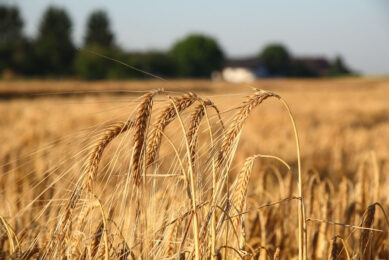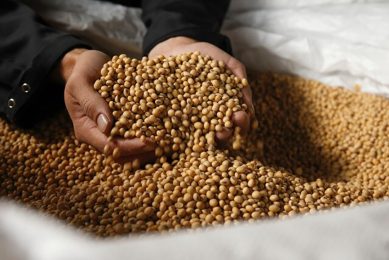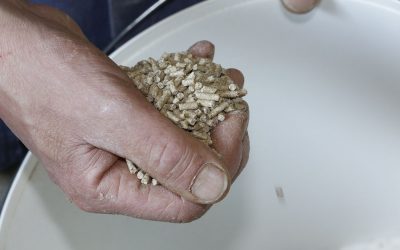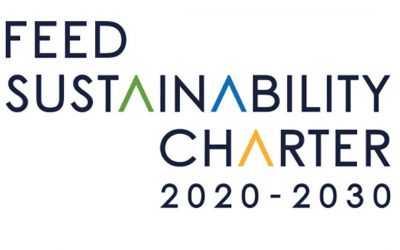Zero-tolerance still holds EU feed imports in straitjacket

The European Union faces renewed disruption to animal feed supplies this year unless policymakers find a rapid solution to traces of genetically modified organisms in soy imports, industry groups have warned, Reuters reports.
Last autumn, imports of soybeans from the United States came to a near standstill because of the EU’s zero-tolerance rule on shipments containing tiny traces of GMOs not yet approved in the bloc.
"This spring new GM varieties will be commercially sown in north and south America which are unlikely to be approved in the EU by October," Klaus-Dieter Schumacher, head of markets at European grain trade association Coceral, told Reuters.
"This could lead to a similar situation as last autumn, and the need for a solution is still as urgent as it was then."
Low level presence rule
John Dalli, the EU health commissioner who oversees EU GMO policy, said last week he would propose a solution to the so-called "low-level presence" of unauthorized GMOs in imports "in the coming weeks".
The executive European Commission will most likely propose new technical guidance under existing EU rules on food and feed imports, telling member states how to interpret the zero-tolerance rule when testing shipments, Schumacher believes.
This could provide a small margin of tolerance for the backlog of GM crop varieties approved in other countries for which EU authorizations have been submitted but not yet granted.
Stop-gap solution
But such a technical approach will only provide a stop-gap solution, and the EU will have to agree a lasting policy on the low-level presence of GMOs in imports, argues Alexander Doering, secretary-general of EU feed manufacturers’ federation Fefac.
"The most obvious way would be by amending the EU’s GM food and feed legislation," he told Reuters. "It won’t be quick, but we have to start now as there’s no proof that the EU will ever clear the backlog of applications."
Others fear that opening up the bloc’s GMO legislation to lengthy and impassioned debate by governments and the European Parliament will do more harm than good.
Trade distortion
"We’re talking about a trade distortion that forces EU livestock producers to pay a premium for imported protein supplies," said Pekka Pesonen, secretary-general of the EU farmers union Copa-Cogeca.
"We need to keep this issue separate from the wider question of GM acceptance in Europe. We don’t favour opening up the legislation just for this," he said.
EU importers face higher costs for sourcing animal feed free of unapproved GMOs from major suppliers such as the US and Brazil, as traders are forced to keep shipments bound for Europe separate from other global supply routes to avoid contamination.
Copa-Cogeca estimated that this added between 3.5 billion euros and 5.5 billion euros to the cost of feed imports last year.












